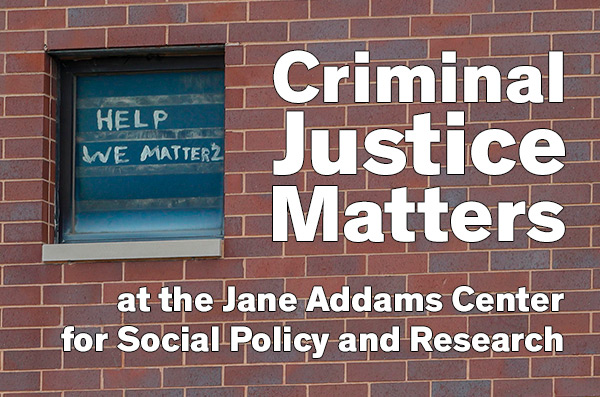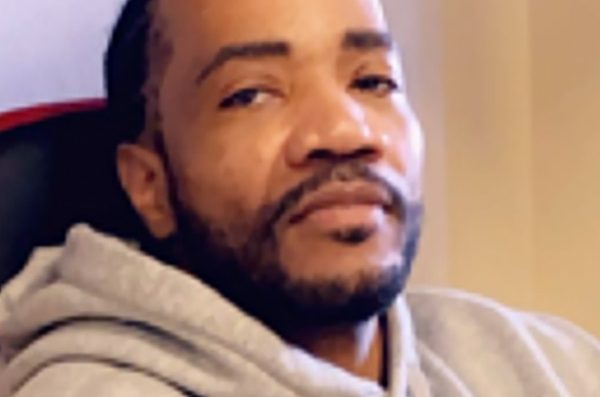Social Work within Justice Systems
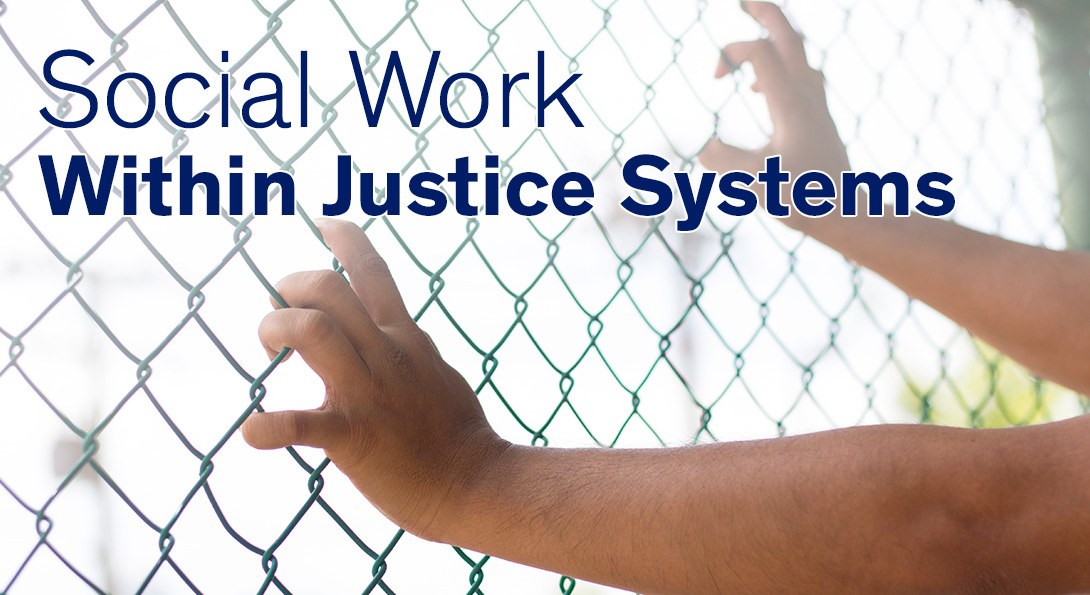
A faculty with extensive experience working within justice systems is a distinguishing feature of the College. Yet it is the people and communities impacted by those systems who are the focal point and motivation for JACSW programs, research, and advocacy.
More than one-third of full-time faculty at Jane Addams College of Social Work have experience with justice systems and system-involved individuals and families, making it one of few social work programs nationally to have such a concentration of that expertise. Assistant Professor Sara Beeler-Stinn sees this as an advantage for the College and its students. “We’re lucky at Jane Addams to have this level of experience,” she says, “and the expertise is necessary because justice systems historically have been pervasive in poor, marginalized communities, and their impacts so vast.”
Dr. Henrika McCoy similarly notes that justice systems intersect with other areas of social work practice such as child welfare, mental health, substance use, or community violence, social issues which not only intersect but have shared sociohistorical roots. “These issues all stem from the same structural violence, oppression, and racism, and if we only address one of them at a time, we’ll see spillover into another,” she says. “That’s why we need social workers who know how to practice within the juvenile or criminal justice system, even while we work to reform these various systems.”
Dr. Beeler-Stinn points to the profound impact that the criminal legal system has had on the lives of people living in poor, marginalized communities. “I think you would be hard pressed to find any public service, health service, or other helping service professional that is not serving clients, families, or groups impacted by the criminal legal system,” she says. “I agree completely that it is important for social work to be an inclusive profession striving for interdisciplinary and transdisciplinary approaches to effect the greatest social change.”
“Justice systems are where people end up when other systems fail, other systems that are supposed to support or protect them,” adds Assistant Professor Aaron Gottlieb. “As social workers, we have a responsibility to support those people, even as we’re working to make the system more just and, hopefully, ultimately, obsolete.”
System Reform versus Abolition Heading link
In the sociopolitical aftermath of George Floyd’s murder at the hands of a policeman, calls to defund and abolish both police and prisons became intensified. Even within the social work profession, the debate over system reform versus abolition has been, at times, contentious. JACSW faculty, including those whose work is connected to justice systems, fully understand the oppressive, racist, and socially destructive nature of system policies and practices.
Dr. Gottlieb thinks that reform of the criminal legal system is the civil rights issue of the current generation. He considers himself an abolitionist, yet doesn’t see abolition of police or of prisons as realistic. “Incremental change is much more likely,” he says, “and we need the voice of social workers in that space to make sure the system is changed in a just and equitable way.”
Given that calls for abolition are motivated by the system’s inherent injustice, Dr. McCoy agrees that such calls need to be heard and carefully considered. “However, we cannot lose sight of the people who are currently system-involved and continue to need support, advocacy, and partners while they navigate the system and try to move forward,” she says. “It is important for us to understand the need for social work practice within the system, and why there are social workers doing that work, versus simply classifying them as colluders with an unjust system.”
JACSW Dean Creasie Finney Hairston, who has served on numerous government and policy bodies related to criminal justice, explains that she has often been the lone social worker “at the table” when policies, practices, or services are discussed. “Depending on the meeting and expertise presumed to be needed or desired by the meeting organizers, I may be the only participant who has actually ever talked with, as opposed to interviewed, prisoners or their families,” she says.
quote Heading link
Who is at liberty to decide if a social worker should work within, reform, or fight to abolish the criminal legal system? We have to remember that for some people this issue is very personal.
article continues Heading link
Dr. Branden McLeod observes that social workers often have personal reasons for wanting to work within the system, motivated by personal experiences or those of family or friends. Even as he acknowledges the need for the profession to engage in critical self-reflection, he questions whether it is the profession’s role to regulate individual social workers’ passions or careers. “Who is at liberty to decide if a social worker should work within, reform, or fight to abolish the criminal legal system,” he asks. “We have to remember that for some people this issue is very personal.”
Assistant Professor Kathryn Bocanegra’s practice experience has been with people impacted by violent crime, families of homicide victims, shooting survivors, and people who work in street intervention. “I have worked with families of homicide victims for 18 years and they seek to have their voice restored to these conversations,” she says. “Social workers, advocates, and law enforcement strive to best assist families impacted by violence, however it’s critical to center the preferences and experiences of those people who have been most impacted.”
MSW Specialization to Address These Issues Heading link
Fall of 2022 will see the first enrollment of students in the College’s new specialization, Social Work within Justice Systems. In response to the need for a specialization that will train social workers for practice with justice system-involved individuals and families, Dean Creasie Finney Hairston assembled a specialization committee of nine faculty members with relevant expertise, currently chaired by Associate Professor Charles Hounmenou. “The committee has worked tirelessly for the past year, and has produced a specialization that I think is truly unique,” says Dr. Hounmenou. “It will provide the opportunity for students to build their skills and knowledge regarding how systemic racism and structural violence result in disproportionate adverse outcomes for people of color, working through a trauma-informed and strengths-based lens.”
Dr. McLeod describes the specialization as formalizing the experience and expertise of many JACSW faculty, some of whom were already including that expertise in their instruction. “This specialization, however, will give students a deep dive and cutting-edge perspectives on working within justice systems, as well as finding ways to reform and abolish various systems,” he says. “What we’re doing here is providing students with the best evidence-based knowledge to serve impacted individuals, but also ways to transform the system, whether through restorative practices or working in partnership with organizations and systems.”
The College’s Director of Academic Program Development and Assessment, Dr. Christopher Mitchell, agrees that practice at both micro and macro levels is essential for advancing justice. “Given the complex challenges facing persons involved with the juvenile and criminal justice systems and the ongoing need for systemic reform, this specialization has been designed to prepare social workers with the skills needed to address immediate needs and to advocate for system change,” he says.
quote Heading link
We’ve been very conscious about centering the experience of people within justice systems, and because of that our students can better lead service provision and needed reform of these systems.
article continues Heading link
Assistant Professor Kalen Flynn thinks that this is a seminal moment for conversations about what social workers can do to create sustainable social justice within justice systems. She sees the new specialization as critical for preparing knowledgeable and compassionate practitioners. “Beyond educating students, though, our hope is that it inspires them to create change and gives them the tools to be critical engagers,” Dr. Flynn says. “We’ve been very conscious about centering the experience of people within justice systems, and because of that our students can better lead service provision and needed reform of these systems.”
“This specialization is unique because most social work programs do not perceive issues of juvenile or criminal justice as a major social work focus,” adds Dr. Hounmenou, “and I believe the uniqueness has much to do with Dean Hairston’s vision in the field of criminal justice. Her expertise regarding individuals and families impacted by the criminal justice system is highly respected, and because of her vision the Jane Addams Center for Social Policy and Research also provides a central point of convergence of expertise in the area of criminal justice.”
The Perspective of a Formerly Incarcerated Person Heading link
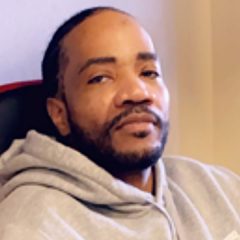
Below is a brief excerpt from an interview with Kevin Blumenberg, an individual with lived experience in the criminal justice system. In the interview, Mr. Blumenberg shared his views on social work within justice systems.
“When I was in prison, we may have had four social workers serving a prison population of about 1,000 people. We need to have more social workers in the system, not fewer, and they need to be properly trained to work with this population.
If we want returning citizens to be better off than when they went in, then we should give a lot of attention to the responsibilities of being a social worker, and get behind them, and give them all the tools and training they will need. A good social worker can help you come out of prison prepared to win.”
Justice Matters at the Policy Center Heading link
Under the direction of Dr. Creasie Finney Hairston, the Jane Addams Center for Social Policy and Research (Policy Center) has operated for more than 25 years with a strong focus on people impacted by the criminal justice system. A key operating principle at the Policy Center is that the lived experiences of people impacted by the justice system must inform both public policy and social work practice. “Universities and colleges of social work have expertise and resources that are unique, yet community members also have important perspective and expertise,” says Dr. Hairston. “All aspects of Policy Center work are guided by the inclusion of individuals who are directly impacted by the justice system.”
The Policy Center has convened many public forums and dialogues that bring researchers, service providers, policymakers, and government officials together with community members for the productive exchange of information, experiences, and perspectives. The Center and affiliated JACSW faculty also have an extensive history of working with community groups and government bodies on bringing greater community oversight to police accountability in Chicago.
The Center’s Free to Excel program enhances college attendance and success for people who were formerly incarcerated, while providing additional leadership opportunities for participants. Free to Excel addresses individual needs while also conducting research and analyzing policy issues that affect college attendance or pose barriers to enrollment for persons with a criminal record.
quote Heading link
The Policy Center and the College remain committed to working with and on behalf of people impacted by the criminal justice system, and the communities that have been harmed by aggressive policing and mass incarceration.
article continues Heading link
The Policy Center’s research and evaluation activities have included studies of post-prison boot camp programs, evaluation of service needs in urban neighborhoods and, most recently, an evaluation of a community-based organization that combats gun violence with prevention and intervention services, as well as support for returning citizens. The Center also provides the administrative home for the Journal of Offender Rehabilitation, a multidisciplinary academic journal on individual and system change, published by Routledge, a major academic press.
“The Policy Center and the College remain committed to working with and on behalf of people impacted by the criminal justice system, and the communities that have been harmed by aggressive policing and mass incarceration,” says Dr. Hairston. “By advocating for appropriate and meaningful reform of public policy and providing more effective services to impacted individuals, we can help create a more equitable society.”
JACSW Faculty Expertise with Justice Systems Heading link
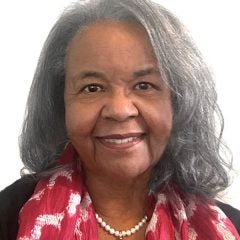
Dean Creasie Finney Hairston
Research and policy experience in how the criminal justice system impacts the children, families, and communities of people who have been incarcerated, as well as issues of reentry and reintegration.
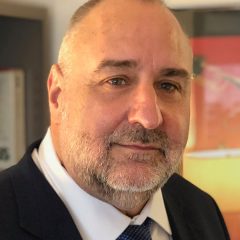
Professor James Swartz
Research experience with issues of mental health, substance use, and health equity for people who have been arrested, detained, are on probation, or have been incarcerated.
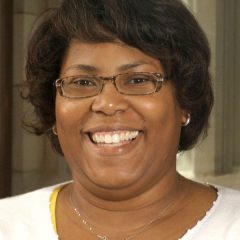
Associate Professor Henrika McCoy
Practice and research experience with young Black males in the juvenile justice system and who have experienced violence.
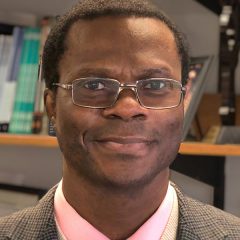
Associate Professor Charles Hounmenou
Research and advocacy experience in human trafficking and sexual exploitation, including the intersection of trafficking with justice systems.
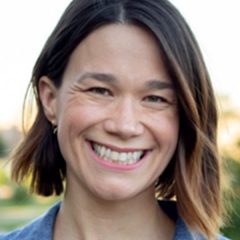
Assistant Professor Sara Beeler-Stinn
Practice and research experience focused on understanding the path to health and wellness among formerly incarcerated populations with substance use disorders.
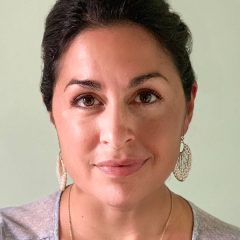
Assistant Professor Kathryn Bocanegra
Practice experience with survivors of violence and research experience with justice systems, violence prevention, and community safety.
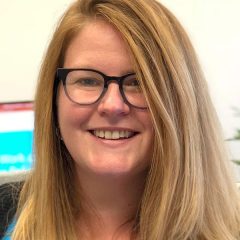
Assistant Professor Kalen Flynn
Practice experience within the juvenile justice system and advocating for system reform, and research experience in the impact of structural and community violence.
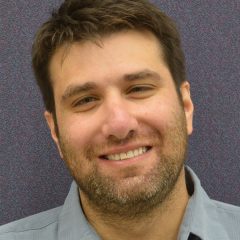
Assistant Professor Aaron Gottlieb
Research and advocacy experience in criminal justice reform and for the alleviation of social factors that may contribute to system involvement.
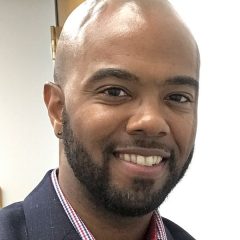
Assistant Professor Branden McLeod
Practice experience with prison support groups and a prison diversion program, and research and advocacy experience in system reform and issues of reentry.
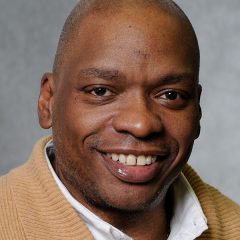
Adjunct Faculty and Senior Researcher Joseph Strickland
Approved Practice and research experience with factors contributing to successful reentry and reintegration for people who have been incarcerated.
